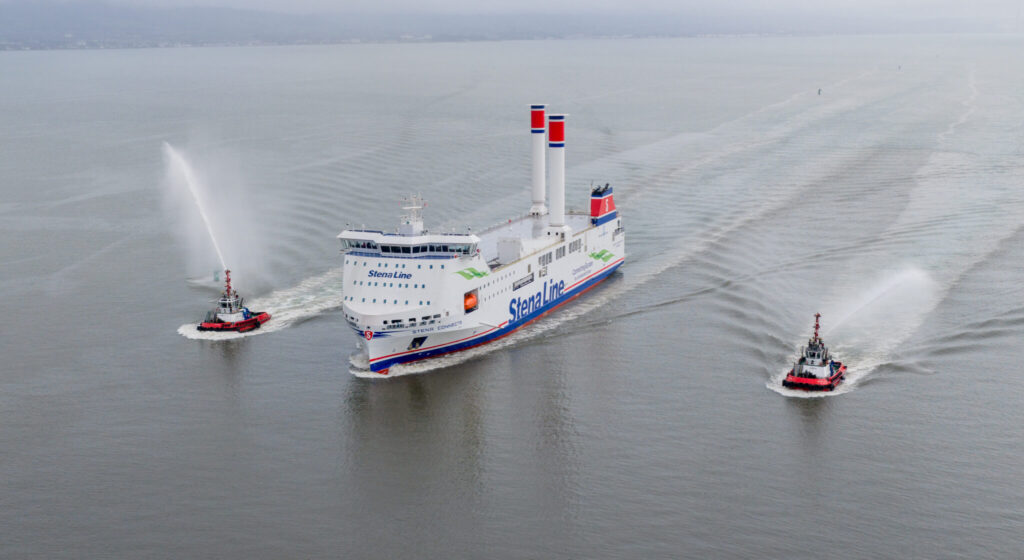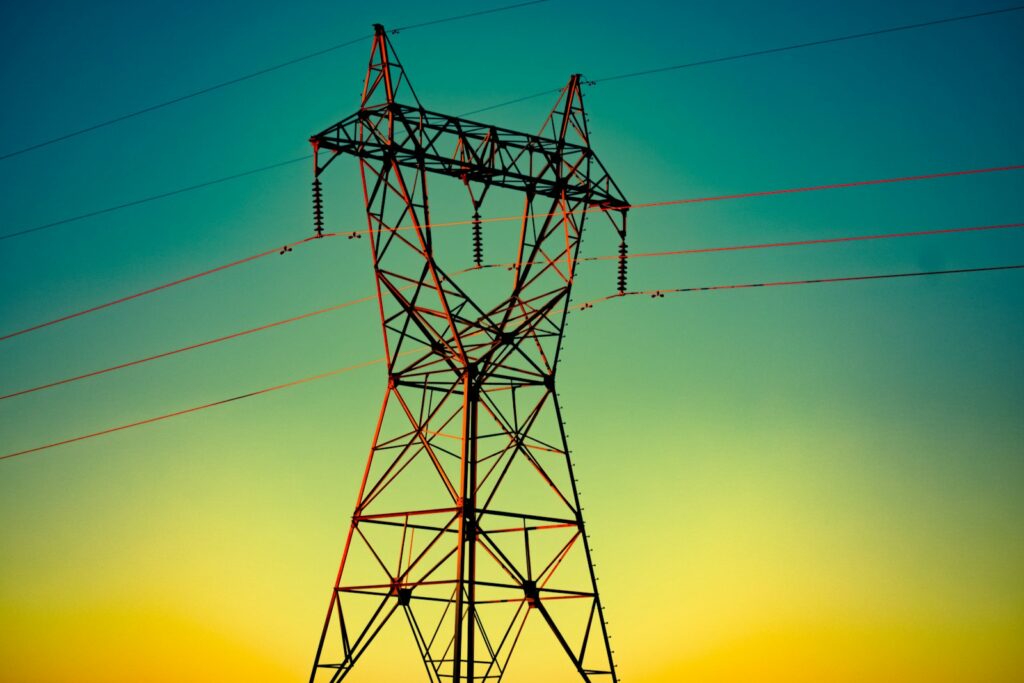Liquid electrolyte, lithium iron phosphate, and solid-state cells are all on the horizon and could power vehicles from 2026.
Specifications have been published following the announcement that Toyota will build a new electric vehicle (EV) factory, which will begin producing new models within the next three years.
All cars from these production lines will be developed, constructed and powered differently to preceding ranges, marking a significant new era in the market. Next generation models will account for 1.7million of the company’s intended total battery electric output of 3.5million by 2030.
‘We will need various options for batteries, just as we have different types of engines. It is important to offer battery solutions compatible with a variety of models and customer needs,’ said Takero Kato, president of Toyota’s new production facility.
Key to the news is a set of four significantly improved batteries. These include a new type of Performance lithium-ion cell, which offers a 20% reduction in cost and rapid charging times of 20 minutes or less. Lithium iron phosphate technology, labelled as a new Popularisation line of batter, can deliver 20% range increase, 40% less costs, and fast re-charging of 30 minutes or less.
High Performance, meanwhile, refers to advanced lithium-ion cells incorporating high nickel cathodes to achieve driving range of more than 600miles, and 10% lower pricing than the Performance battery. Finally, a solid-state battery breakthrough means this type of cell can now enjoy a longer life, in addition to properties that have long-since marked it out as a potential game-changer, if charge-depletion can be overcome, such as vulnerability to extreme temperatures and voltages.
In addition to what is found inside the batteries, Toyota also believes the height at which powertrains are positioned has a big impact on overall results. Work is underway to reduce cell height, and therefore also the height of the car itself, in turn mitigating or optimising drag. Meanwhile, a so-called ‘giga casting’ system, based on Tesla’s production technology, is also due to come online soon and could see the time it takes to build a Toyota EV slashed from three hours to three minutes.
Image: Christina Telep

















